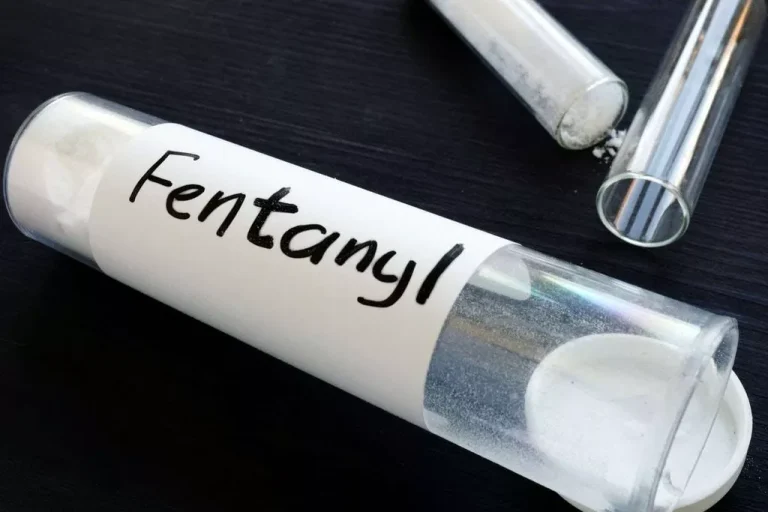
Thiamine deficiency can result in Wernicke-Korsakoff syndrome, a severe neurological disorder characterised by memory loss, confusion, and coordination problems. Knowing why you’re experiencing brain fog is an important first step in understanding what may help relieve symptoms. If you’re unsure what could be causing your brain fog, consult with a healthcare provider for advice. When it comes to the bottom line as it relates to alcohol consumption and brain health, the data are rather solid on some fronts, and a bit less so on others. There’s also the potential for confounding variables, including the fact that many people like to drink alcohol to enjoy and enhance social bonds (which we know are beneficial for the brain).
- This is why you may experience blackouts or have trouble remembering events while intoxicated.
- Our team of dedicated professionals is committed to helping people overcome their addiction and regain control of their lives.
- Multiple episodes of heavy drinking can have long-term consequences for memory.
- One of the challenges with understanding brain fog is that there are so many potential causes, and having brain fog alone doesn’t tell doctors what exactly is going on.
- Heavy alcohol consumption can damage the brain’s communication centers, making it hard for the brain to store memories or track conversations.
Free Healthbeat Signup
- Your occasional forgetfulness can come with the ups and downs of changing hormones.
- Your thoughts might seem disorganised or “cloudy,” making expressing your ideas or solving problems challenging.
- Brain fog after quitting drinking alcohol is a common experience for many individuals.
- The symptoms of brain fog from alcohol can vary depending on the individual.
- However, you do have a higher risk of dementia if you have your ovaries removed several years before the typical time when most people go through menopause (sometime between the age of 45 and 55).
This CME/CE credit opportunity is jointly provided by the Postgraduate Institute for Medicine and NIAAA. In short, alcohol use during adolescence can interfere with structural and functional brain development and increase the risk for AUD not only during adolescence but also into adulthood. To help clinicians prevent alcohol-related harm in adolescents, NIAAA developed a clinician’s guide that provides a quick and effective screening tool (see Resources below). Here, we outline a framework for understanding alcohol-induced changes in the brain, which can help you appreciate the challenges faced by many patients with AUD when they try to cut back or quit drinking. We then describe evidence-based treatments you can recommend to patients to help the brain, and the patient as a whole, to recover. Experiencing brain fog following addiction can be a frustrating experience, but hang in there.

Learning Objectives
This mental fog can be caused by the cancer itself, conditions caused by cancer (such as depression or sleep problems), or a variety of treatments including chemotherapy, radiation, and hormone therapy. Perhaps the most significant psychological effect, however, is addiction. Over time, people who consume large quantities of alcohol brain fog alcohol develop a tolerance to the drug. This dependency means that their brains crave the drug, causing them to experience withdrawal when they do not drink. Fetal alcohol spectrum disorders, which people usually refer to as fetal alcohol syndrome, happen when a developing baby gets exposure to alcohol during gestation.
How Does Alcohol Affect the Brain?
- Thiamine is particularly important, as it’s involved in the metabolism of proteins and fat and the formation of hemoglobin — a protein in red blood cells that carries oxygen to tissues throughout our body.
- While brain fog is often a normal part of aging, it can be exacerbated by various factors such as chronic health conditions, medications, stress, depression, and inadequate sleep.
- Additionally, incorporating mindfulness activities like meditation can play a role in strengthening brain circuits that may have been affected by alcohol use.
- Whenever you get that rush of pride after accomplishing something, dopamine is probably surging in your brain.
- In addition, certain food and drink choices can be primary causes.
Consuming alcohol actually amplifies this effect, contributing to feelings of drowsiness and relaxation. Glutamate, on the other hand, typically stimulates increased brain activity and energy levels. It also helps control our cognitive abilities, such as learning and memory. However, alcohol suppresses glutamate’s effects, leading to even slower brain activity. This decrease in brain activity not only affects us while we’re drinking, but it can result in brain fog the next day. It’s also why we might have difficulty concentrating or recalling certain things.
You build up a tolerance over time and do not feel as good as you once did with the same amount of alcohol. High alcohol consumption can damage your brain and the rest of your body. Alcohol can damage the brain, but most cases of brain fog do not come from brain damage. It can occur during or after someone’s alcohol addiction, even in otherwise healthy people.
The most common symptoms include confusion, poor concentration, loss of muscle coordination, and loss of mental activity that often lead to coma and eventual death. The Wernicke-Korsakoff syndrome is a type of brain damage that is usually caused by overconsumption of alcohol. This is because acupuncture can help to improve blood circulation and reduce stress levels. This is because a healthy diet can help to improve your brain health and overall well-being.
Getting enough sleep

Alcohol lowers inhibitions and clouds judgment, which may lead you to engage in risky behaviors. Research has shown that alcohol can exacerbate symptoms and mood changes in people with mental health disorders like depression or bipolar disorder. People who drink regularly may notice that alcohol does not have the same effect on them as it used to.

Following Wernicke’s encephalopathy, the person may develop signs of Korsakoff syndrome. These effects can happen even after one drink — and increase with every drink you have, states Dr. Anand. We exist in a culture where it’s socially acceptable to consume caffeine and alcohol, especially in moderation. While the Centers for Disease Control and Prevention (CDC) recommends that you exercise for 30 minutes per day, any kind of movement counts. But most of the time, the sensation is temporary,” MacKinnon adds.
- These resources can all be great tools for treating alcohol addiction and brain fog.
- You build up a tolerance over time and do not feel as good as you once did with the same amount of alcohol.
- We’ve also partnered with Moderation Management, a non-profit dedicated to reducing the harm caused by the misuse of alcohol.
- Just quality information to help you live your most limitless sober life.
- Give us a call today and begin your journey toward long-term recovery.
